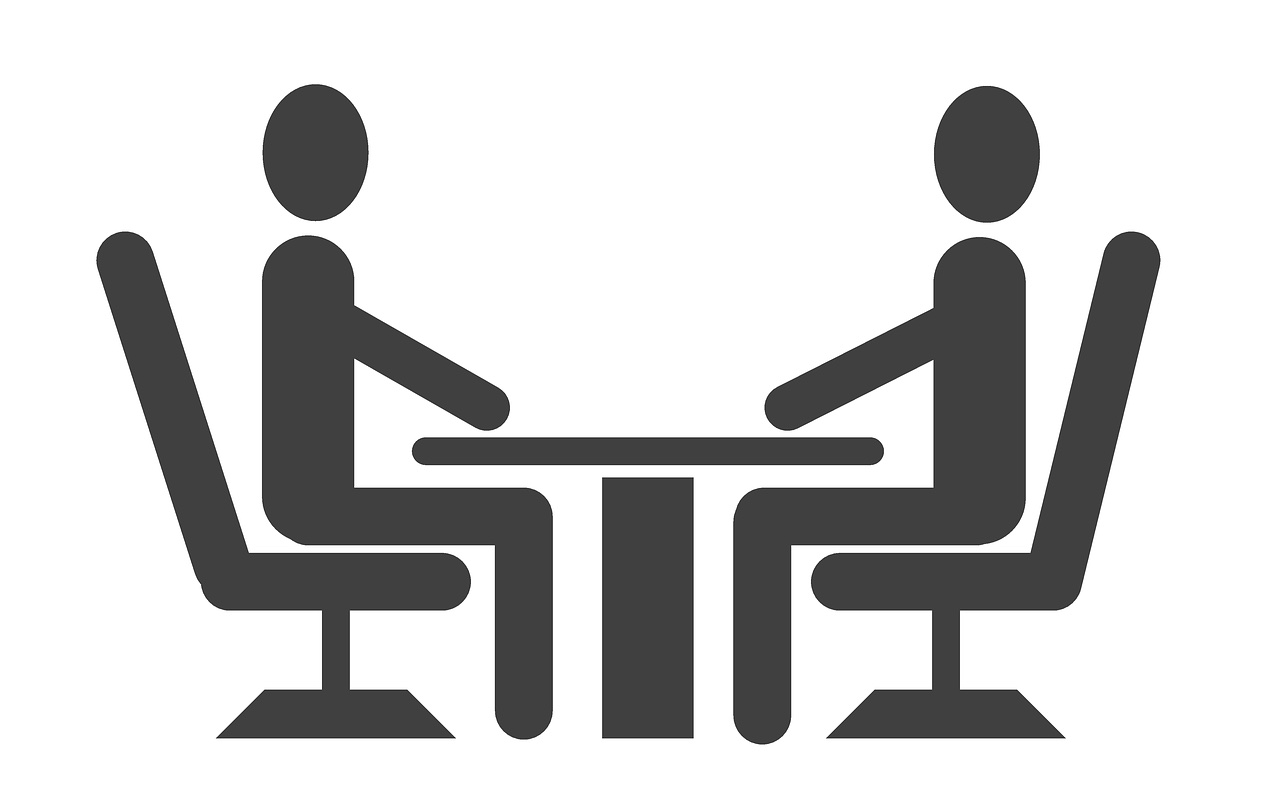
Picture this: It’s more than halfway through radiology interview season. And you’ve already traveled through much of the United States to meet all sorts of radiologists. You’re a bit weary from all the work (Imagine how your interviewers feel!) So, with all that time and effort you have put into the radiology interview process, did the interviews make a significant difference? I mean, this is only radiology, right? A specialty that does not value human interactions as much as internal medicine let’s say? And what happens if some interviews went well and others stunk up the joint? Does it significantly change how the programs rank you on the rank list? Well, today, you are in for a treat. You are going to get an insider’s view of the process!
The Power Of The Radiology Interview
Even in radiology, if I were to say that the interview held no weight whatsoever, I would be lying! A radiology interviewee with good interviewing skills can potentially increase his chances of matching. On the other hand, the interviewee that fails miserably can detract from their application. So much so that occasionally the interviewer can give you the dreaded acronym DNR (Do Not Rank!). But let’s go into some more specifics here.
The Interviewing Maven
Are you one of those medical students who always sound intelligent to everyone you meet? Or, perhaps, your charisma infects the entire room? Let’s say your interviewers have a 10-point scale that considers all the information, including your Dean’s letter, recommendations, personal statement, research, experiences, and board scores. I have seen certain applicants bump themselves up to 3 points. So what does that mean? A lot! Most candidates drift around the middle of the rank list or in the 4-6 range. When you add three points to your application, that can place your application in a rarified atmosphere. It can almost ensure your acceptance to a program.
The Interviewing Wall-Flower
Are you shy or uncomfortable during interview situations? Or maybe, you always appear depressed and lethargic? Hmm… Perhaps, you have a bizarre schizoid appearance? How do these interviewer qualities affect your application? Let’s see. In my experience, an applicant that should be somewhere in the middle or top of the pack can go down to (drum roll please…), the land of nowhere. And where is that may you ask? DNR (Do Not Rank)!!!
On the other hand, the average poor interviewee who is not quite hitting the answers to questions well or making a few flubs usually gets detracted by a few points. However, that can still make an enormous difference in a competitive application process.
My Final Point
So, if you consider these calculations, which radiology interview has the power to change the status of your application the most, the good or the bad? It’s simple. A bad radiology interview trumps the potential positive effects of someone with a great one.
What is my final point of this exercise? Make sure to take the interview very seriously. Please, please, please. Practice before you come in. Tape yourself on your cell phone. Do whatever you must before arriving or showing up on Zoom. A radiology interview is critical. Your future livelihood is at stake!!!






